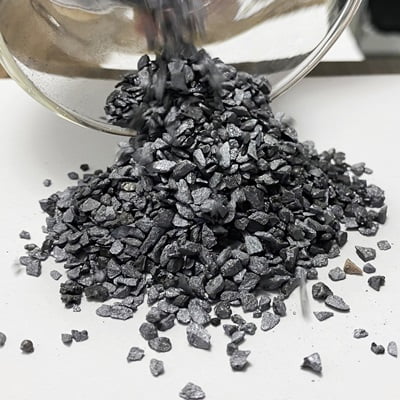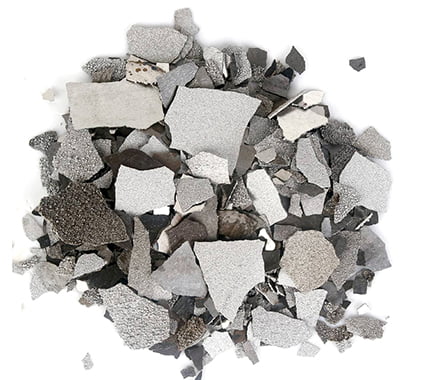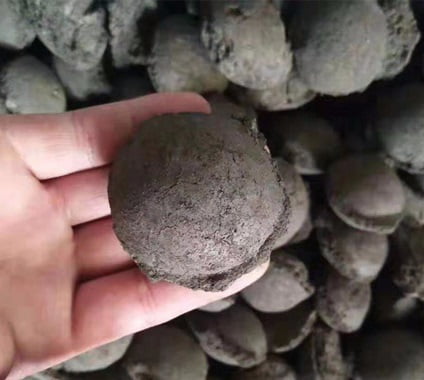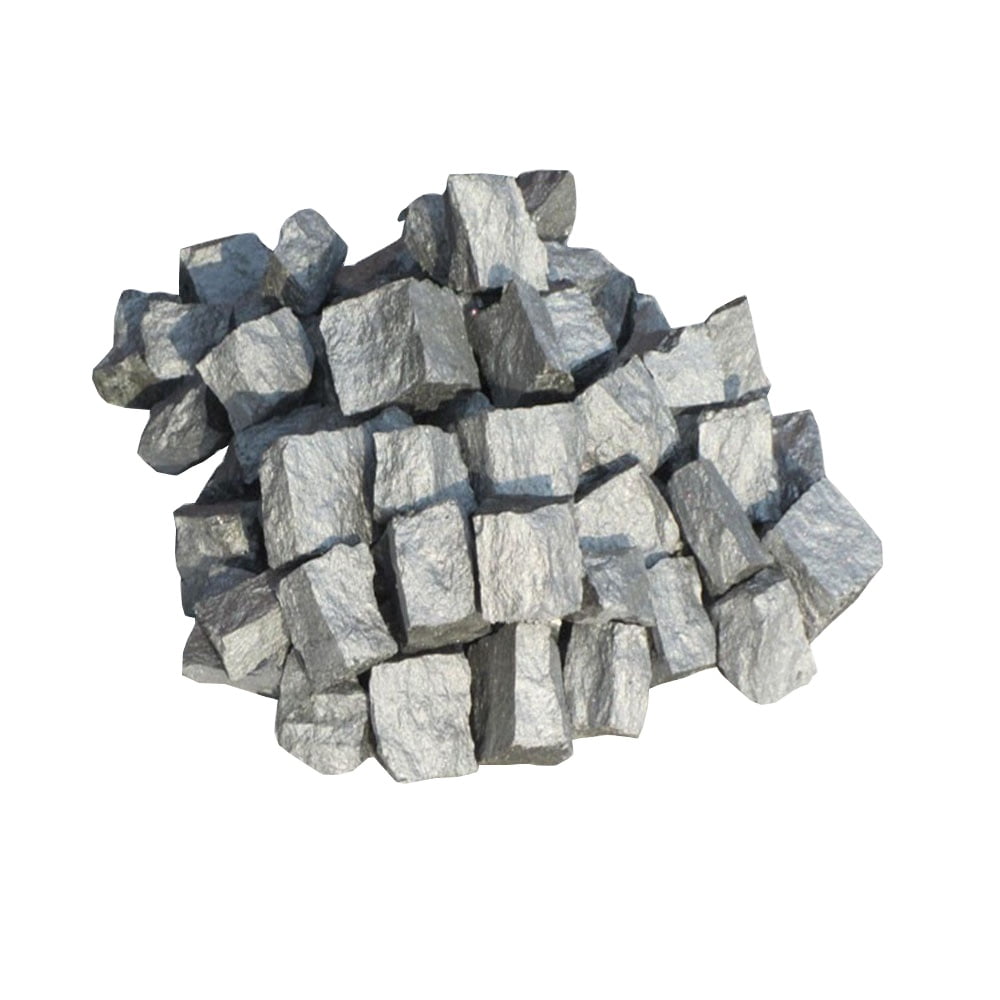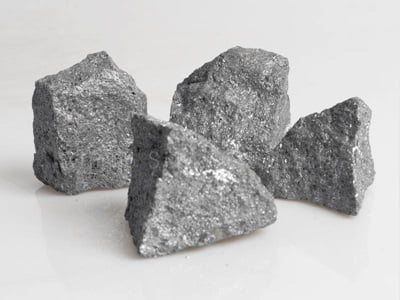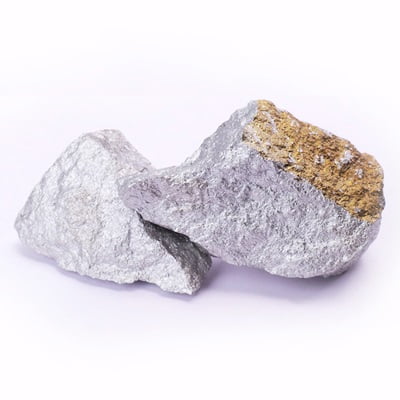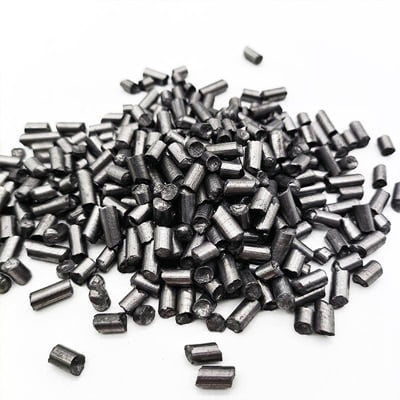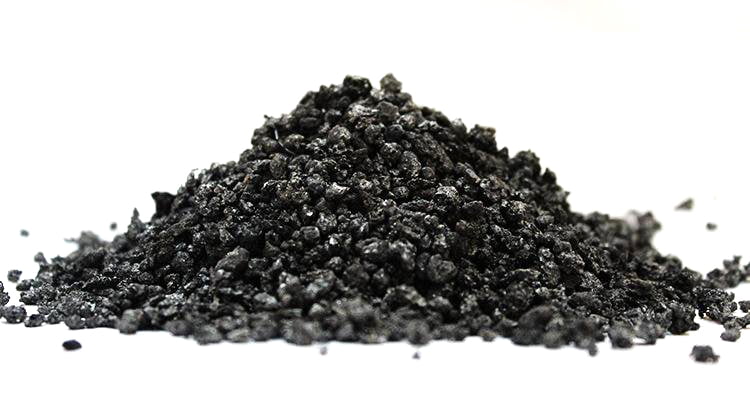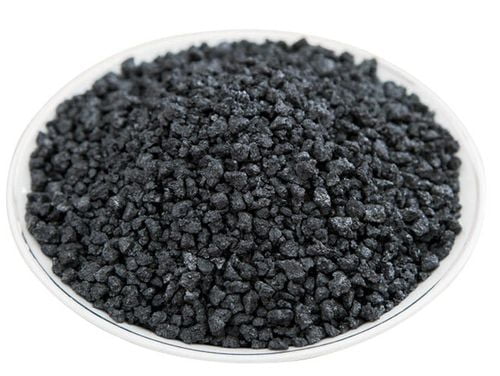NEWS
Celebrating Sue's Birthday: A Joyful Occasion at JBT Metals

Today, at JBT Metals, we are thrilled to celebrate the birthday of one of our esteemed colleagues, Sue. As a company that places great importance on the welfare and satisfaction of our staff, we take every opportunity to commemorate special occasions such as this.
We began the celebration by surprising Sue with a birthday party in the office. The entire team sang “Happy Birthday” while presenting her with a cake specially made by a local bakery, decorated with her favorite color and flavor. We also arranged for some snacks and refreshments to make the party even more enjoyable.
Our appreciation for Sue’s hard work and dedication was further demonstrated when JBT Metals presented her with some carefully selected gifts. These gifts were chosen to reflect her interests and hobbies, and we hope they will serve as a lasting reminder of our appreciation for her contributions to the company.
At JBT Metals, we firmly believe that our staff is our greatest asset. We understand that happy employees are productive employees, and we prioritize ensuring that our staff feels valued and appreciated. Celebrating special occasions like birthdays is just one way we show our appreciation.
We have implemented various initiatives to ensure that our staff feels supported and cared for. These initiatives include flexible working hours, opportunities for professional development, and a supportive work environment. We believe that these measures empower and motivate our staff, resulting in better outcomes for both the employees and the company.
In conclusion, we at JBT Metals would like to wish Sue a very happy birthday. We hope that this celebration has brought joy and happiness into her life, and we look forward to many more happy occasions in the future.
You May Like to Learn More...
Contact Us

JBT produces and supplies silicon metal and ferrosilicon products, mainly products are silicon metal 553, 441, 421, 411 3303,2202, 97, silicon carbide, carbon raiser for steelmaking and casting industries. We also make electrolytic manganese metal, inoculants and nodulizers.
Get in Touch
- info@jbtmetals.com
- +86-372-5032025
- +86-15937282819
- Send Inquiry
- Online Chat
- Qugou Town, Anyang City, Henan Province of China

